“I’m afraid that the following syllogism may be used by some in the future.
Turing believes machines think
Turing lies with men
Therefore machines do not think
Yours in distress,
Alan”
― Alan Turing
“Finally, our new brain needs a purpose. A purpose is expressed as a series of goals. In the case of our biological brains, our goals are established by the pleasure and fear centers that we have inherited from the old brain. These primitive drives were initially set by biological evolution to foster the survival of species, but the neocortex has enabled us to sublimate them. Watson’s goal was to respond to Jeopardy! queries. Another simply stated goal could be to pass the Turing test. To do so, a digital brain would need a human narrative of its own fictional story so that it can pretend to be a biological human. It would also have to dumb itself down considerably, for any system that displayed the knowledge of, say, Watson would be quickly unmasked as nonbiological.”
― Ray Kurzweil, How to Create a Mind: The Secret of Human Thought Revealed
AI is rapidly changing everything. It is transforming society, the very way we live and act as social creatures, how we behave, how we do business, and even the very fabric of our own human identity. Cities are managed by machine driven big data gathered by sensors, constructing together what we known as the Internet of Things. An escalating digital transformation is transforming our vast amounts of paper ledgers into digital records, from traffic to finance to medical records. These, which convey most of the data gathered about us, are now processed in the cloud and augmented with machine learning artificial intelligence’s multiple tools, which are stored in blockchain distributed ledgers.
Just remembering that in this article I want to show you which ones in my view are the top AI books I recommend.
AI is then, something we need to look at seriously. As citizens, professionals, businesses and governments we have to understand how various types of technologies governing our lives, are now being defined and processed using some form of artificial intelligence. More importantly we have to act upon this fact. Engineers, business people, politicians, professionals, teachers, global leaders, fathers, mothers, anyone who cares about our existence has to take the time to look carefully at this. More than drowning in some kind of feeling of helplessness to keep pace with developments, we all have to take responsibility about these AI driven waves and lead them by surfing them. Otherwise we might be drowning in a big AI tsunami that has the power to change everything we hold dear.
Alan Turing was instrumental to create the vision and definition of what we now call AI. During the 2d world war he worked to crack the ‘Enigma’ code used by German Nazi forces to send messages securely, thus laying the ground for the first calculation machines that evolved to what we now have as computers. Alan Turing and his team created the Bombe machine that was used to decipher the advanced at the time Nazi’s Enigma messages. Alan’s invention is considered to be the first form of an intelligent machine, and both the Enigma and Bombe Machines laid the very roots for modern computing and after that Machine Learning. Turing also defined the famous concept that a machine that could converse with humans without the humans knowing that it is a machine, would win the “imitation game” (now famous because of the same name film) and could be said to be “intelligent”. This is still the paramount definition of AI – the now famous Turing Test that most of the scientists define as the root of advanced AI.
The post war years, during the fifties, originated quick developments in the area of AI, laying the ground for what we have now. The year of 1956 is considered to be the one that gave birth to the modern concept of AI. American computer scientist John McCarthy organised the mythic Dartmouth Conference, at which the term ‘Artificial Intelligence’ was first used and following that gained adoption. After this important event research centres popped up across the United States to explore the multiple potential of AI, the so called Golden AI years of 1956 and 1960. Important researchers in the field, such as Allen Newell and Herbert Simon were instrumental in diffusing and promoting AI as a field of computer science that would transform the world, even if the initial quick evolution was followed by slower obscure developments, in what is now called the AI winter. The 1990s saw an upsurge of interest in the AI field, when Silicon Valley corporations invested heavily in the field, leading to new breakthroughs, and the reaching of maturity of the field.
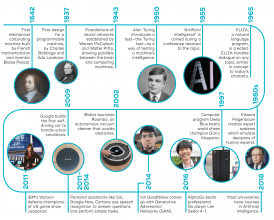
Science fiction has portrayed AI in 2 radically different ways. Some of the most famous Scifi films, look at artificial intelligence as a dictatorial and dysfunctional machine. This faction, which has been explored in films such as “2001 Odyssey in Space” by Stanley Kubrick, “Terminator” by James Cameron, and “Matrix” by the Wachowski Brothers, convey the hard core metaphor of very dystopian futures where machines take over our humanity and leapfrog us towards a future of humans that lose their identity and existence and are replaced by machines. Other films, convey a more positive vision of AI, portraying it as complementary to humans. This type of narrative has been explored in the universe of tv series such as Star Trek, that launched in 1966 and also, in some ways, in the epic space movie series of Star Wars originally created by George Lucas. Both explore the idea of AI and technology coexisting with humanity and nature as a part of it, and as standard tools sustaining a more advanced society.
If these 2 visions express through imagination and fantasy, humans deepest fears … and hopes for AI, most of us feel haunted and terrified of intelligent machines. Scientists like Prof Stephen Hawking, for example, the late Britain’s pre-eminent scientist, said in 2014 that efforts to create thinking machines pose a threat to humans very existence. He told the BBC in 2014: “The development of full artificial intelligence could spell the end of the human race.”
The implications of the latest developments happening with new AI driven tools, particularly data learning driven intelligence tools and software, which are evolving faster than expected, open a pandora box of new directions. These new implications bring to the hot spot the imminent possibility of a technological singularity, and it’s serious geopolitic and ethical considerations.
We have therefore to go deep and understand that this is not a simple game for the technology giants, the corporations, the scientists and academic researchers that command and fabricate our software, hardware and robots. We have a moral and civilisational obligation to better understand the full implications of how AI works and develops, and how to direct it in ways that serve society’s best interests.
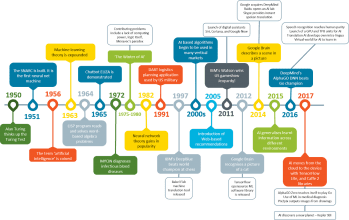
We all have a very serious responsibility on this. Citizens and global leaders have to be proactive and willing to understand in detail what is going on, by reading research and books that help them better understand the challenges and opportunities of this fast shiting AI (r)evolution.
With that in mind I decided to highlight a list of the top AI books reflecting about, done by authors I deeply respect. Their reflections are inclusive and open, and tackle all kinds of sub topics which are part of the complex field of A, such as artificial super intelligence technology, artificial global intelligence, data driven machine learning, deep learning, swarm intelligence singularity, and many more.
I have chosen authors that approach AI through a detailed, but also holistic point of view, that doesn’t get locked in too much academic or technical detail. As a humanist and technologist, my aim is to use the full scope of AI as tools, but also to develop a thought leadership reflection about this critical area.
This is my very personal top 24 top AI books list on the subject, done by authors that have both the technical capacity and the holistic overview of its implications for humanity. My angle of choice was aligned to the fact that AI’s impact is so broad that we have to have a 360 degrees approach to explain and analyse it, in order to bring the best out of it.
I hope you appreciate these books as I did, and more importantly, that you can read them and thus gather the knowledge that will help you contribute to a positive dialogue aiming to find the best directions for the evolution of this field. And moreover act – as citizens – by becoming responsible about this critical and sensitive area that is defining the next stage of the human evolution.
There are only two ways to move in this new world of AI: we either drive it or are driven by it. I want to make sure I am driving it.
The bellow top AI books that I have been reading and researching are listed in chronological order:
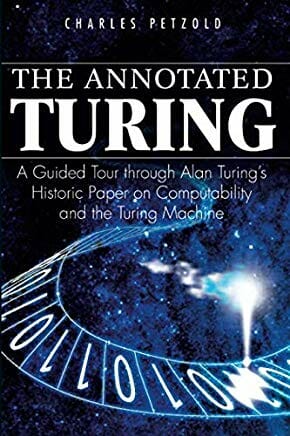
The Annotated Turing: A Guided Tour Through Alan Turing’s Historic Paper on Computability and the Turing Machine by Charles Petzold, Jun 16, 2008
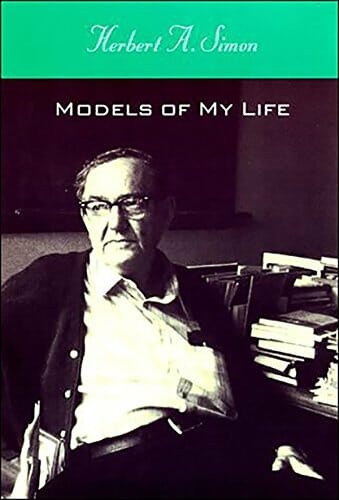
Models of My Life The Remarkable Autobiography of the Nobel Prize Winning Social Scientist and Father of Artificial Intelligence By Herbert A. Simon, 1991
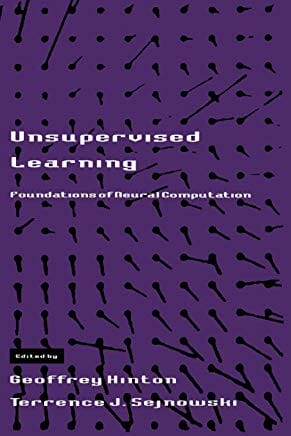
by Geoffrey Hinton and Terrence J. Sejnowski | May 24, 1999
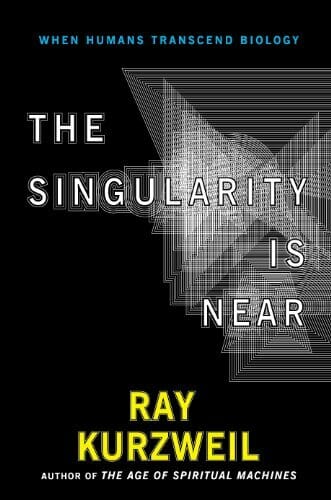
The Singularity Is Near When Humans Transcend Biology Ray Kurzweil, 2005
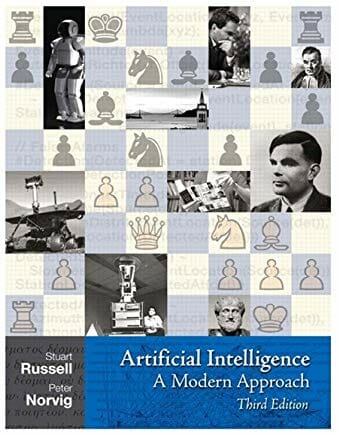
Artificial Intelligence: A Modern Approach (3rd Edition) by Stuart Russell and Peter Norvig, Dec 11, 2009
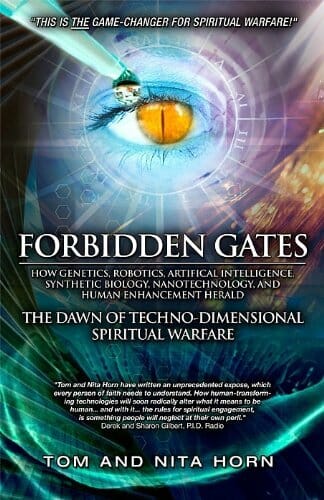
Forbidden Gates How Genetics, Robotics, Artificial Intelligence, Synthetic Biology, Nanotechnology, & Human Enhancement Herald The Dawn Of Techno-Dimensional Spiritual Warfare By Thomas R. Horn, Nita F. Horn, 2011
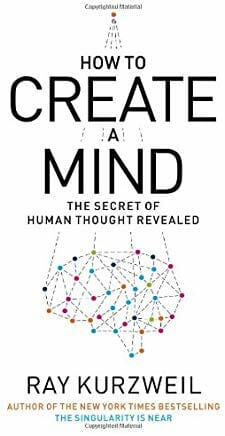
How to Create a Mind: The Secret of Human Thought Revealed by Ray Kurzweil, 2012

Animal Architects: Building and the Evolution of Intelligence by James L. Gould and Carol Grant Gould | Mar 6, 2012
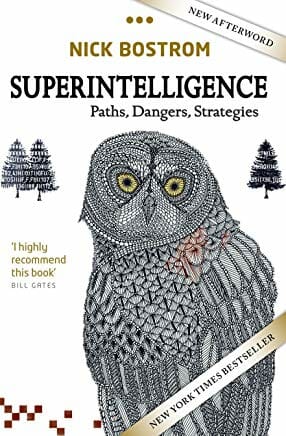
Superintelligence: Paths, Dangers, Strategies by Nick Bostrom, May 1, 2016
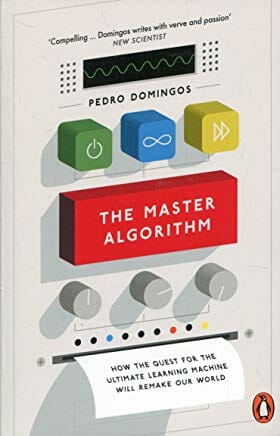
The Master Algorithm: How the Quest for the Ultimate Learning Machine Will Remake Our World, by Pedro Domingos, 26 Jan 2017
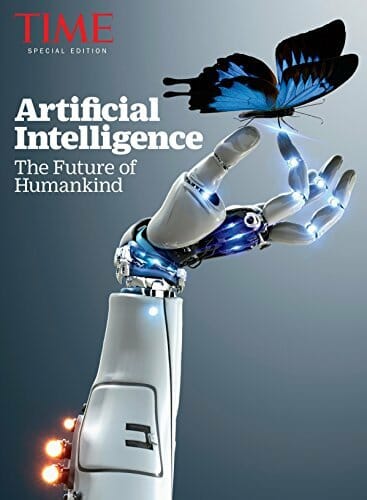
TIME Artificial Intelligence The Future of Humankind, by The Editors of TIME, 2017

Homo Deus: A Brief History of Tomorrow
by Yuval Noah Harari, Feb 21, 2017
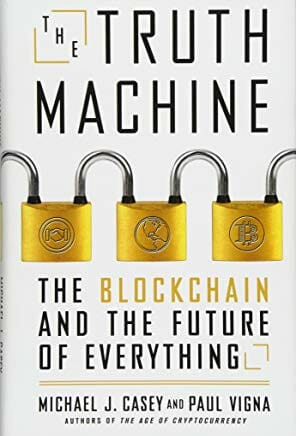
The Truth Machine: The Blockchain and the Future of Everything by Paul Vigna and Michael J. Casey, Feb 27, 2018
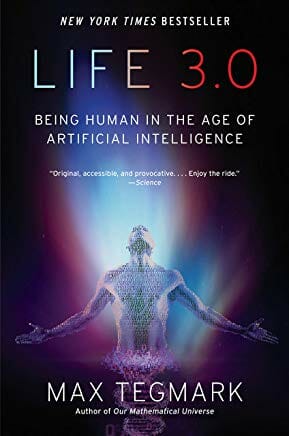
Life 3.0: Being Human in the Age of Artificial Intelligence by Max Tegmark , Jul 31, 2018
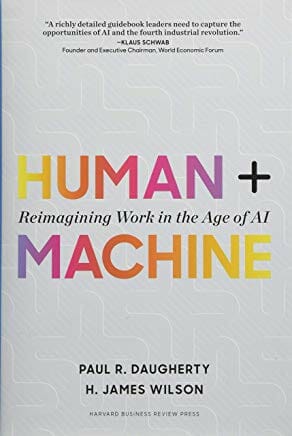
Human + Machine: Reimagining Work in the Age of AI by Paul R. Daugherty and H. James Wilson, Mar 20, 2018
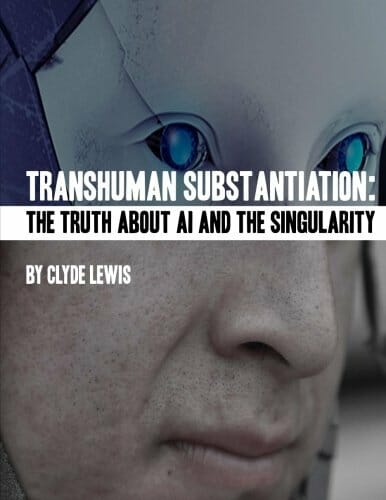
Transhuman Substantiation The Truth about AI and the Singularity, by Clyde Lewis, Jul 17, 2018
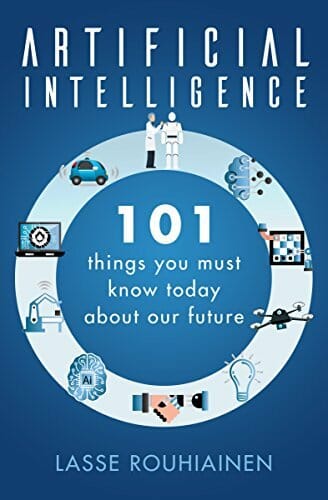
Artificial Intelligence 101 Things You Must Know Today About Our Future Lasse Rouhiainen, 2018
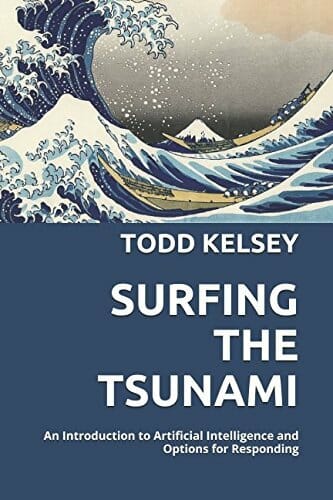
Surfing the Tsunami An Introduction to Artificial Intelligence and Options for Responding Todd Kelsey, 2018

21 Lessons for the 21st Century by Yuval Noah Harari | Sep 4, 2018
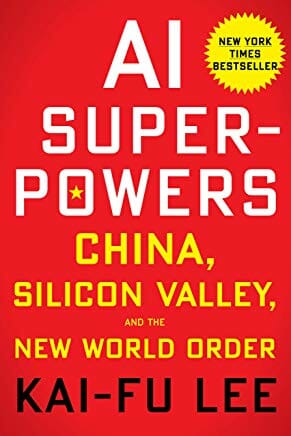
AI Superpowers: China, Silicon Valley, and the New World Order by Kai-Fu Lee, Sep 25, 2018
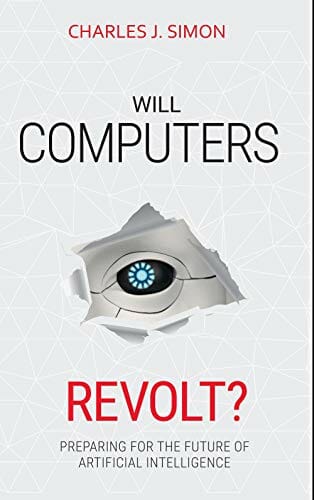
Will Computers Revolt? Preparing for the Future of Artificial Intelligence, by Charles J Simon, October 2018
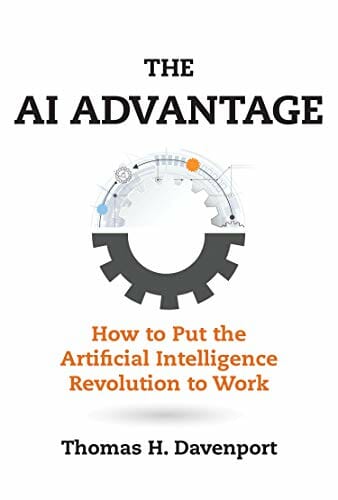
The AI Advantage How to Put the Artificial Intelligence Revolution to Work By Thomas H. Davenport, Oct 16, 2018
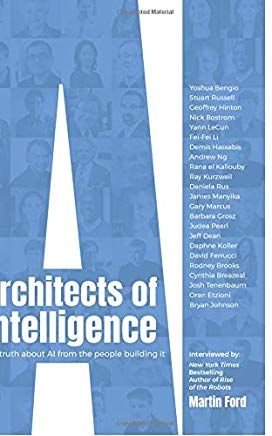
Architects of Intelligence: The truth about AI from the people building it by Martin Ford | Nov 23, 2018
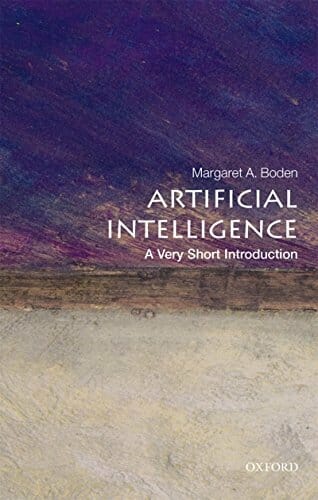
Artificial Intelligence A Very Short Introduction, Margaret A. Boden, Dec 1, 2018

Dinis Guarda is an author, academic, influencer, serial entrepreneur, and leader in 4IR, AI, Fintech, digital transformation, and Blockchain. Dinis has created various companies such as Ztudium tech platform; founder of global digital platform directory openbusinesscouncil.org; digital transformation platform to empower, guide and index cities citiesabc.com and fashion technology platform fashionabc.org. He is also the publisher of intelligenthq.com, hedgethink.com and tradersdna.com. He has been working with the likes of UN / UNITAR, UNESCO, European Space Agency, Davos WEF, Philips, Saxo Bank, Mastercard, Barclays, and governments all over the world.
With over two decades of experience in international business, C-level positions, and digital transformation, Dinis has worked with new tech, cryptocurrencies, driven ICOs, regulation, compliance, and legal international processes, and has created a bank, and been involved in the inception of some of the top 100 digital currencies.
He creates and helps build ventures focused on global growth, 360 digital strategies, sustainable innovation, Blockchain, Fintech, AI and new emerging business models such as ICOs / tokenomics.
Dinis is the founder/CEO of ztudium that manages blocksdna / lifesdna. These products and platforms offer multiple AI P2P, fintech, blockchain, search engine and PaaS solutions in consumer wellness healthcare and life style with a global team of experts and universities.
He is the founder of coinsdna a new swiss regulated, Swiss based, institutional grade token and cryptocurrencies blockchain exchange. He is founder of DragonBloc a blockchain, AI, Fintech fund and co-founder of Freedomee project.
Dinis is the author of various books. He has published different books such “4IR AI Blockchain Fintech IoT Reinventing a Nation”, “How Businesses and Governments can Prosper with Fintech, Blockchain and AI?”, also the bigger case study and book (400 pages) “Blockchain, AI and Crypto Economics – The Next Tsunami?” last the “Tokenomics and ICOs – How to be good at the new digital world of finance / Crypto” was launched in 2018.
Some of the companies Dinis created or has been involved have reached over 1 USD billions in valuation. Dinis has advised and was responsible for some top financial organisations, 100 cryptocurrencies worldwide and Fortune 500 companies.
Dinis is involved as a strategist, board member and advisor with the payments, lifestyle, blockchain reward community app Glance technologies, for whom he built the blockchain messaging / payment / loyalty software Blockimpact, the seminal Hyperloop Transportations project, Kora, and blockchain cybersecurity Privus.
He is listed in various global fintech, blockchain, AI, social media industry top lists as an influencer in position top 10/20 within 100 rankings: such as Top People In Blockchain | Cointelegraph https://top.cointelegraph.com/ and https://cryptoweekly.co/100/ .
Between 2014 and 2015 he was involved in creating a fabbanking.com a digital bank between Asia and Africa as Chief Commercial Officer and Marketing Officer responsible for all legal, tech and business development. Between 2009 and 2010 he was the founder of one of the world first fintech, social trading platforms tradingfloor.com for Saxo Bank.
He is a shareholder of the fintech social money transfer app Moneymailme and math edutech gamification children’s app Gozoa.
He has been a lecturer at Copenhagen Business School, Groupe INSEEC/Monaco University and other leading world universities.




























